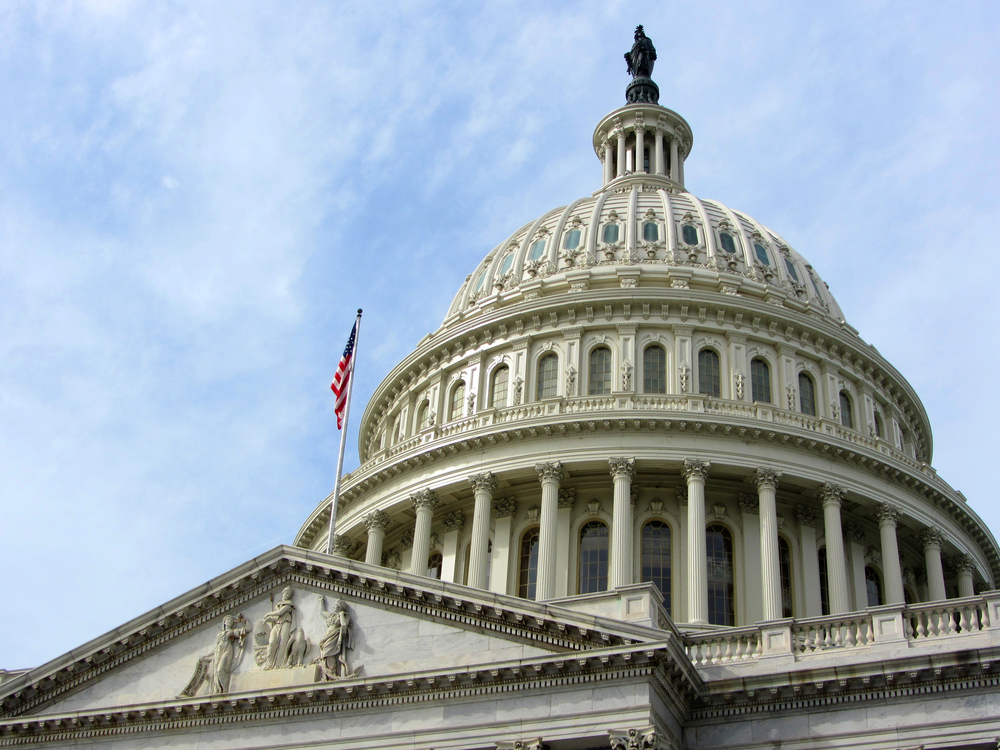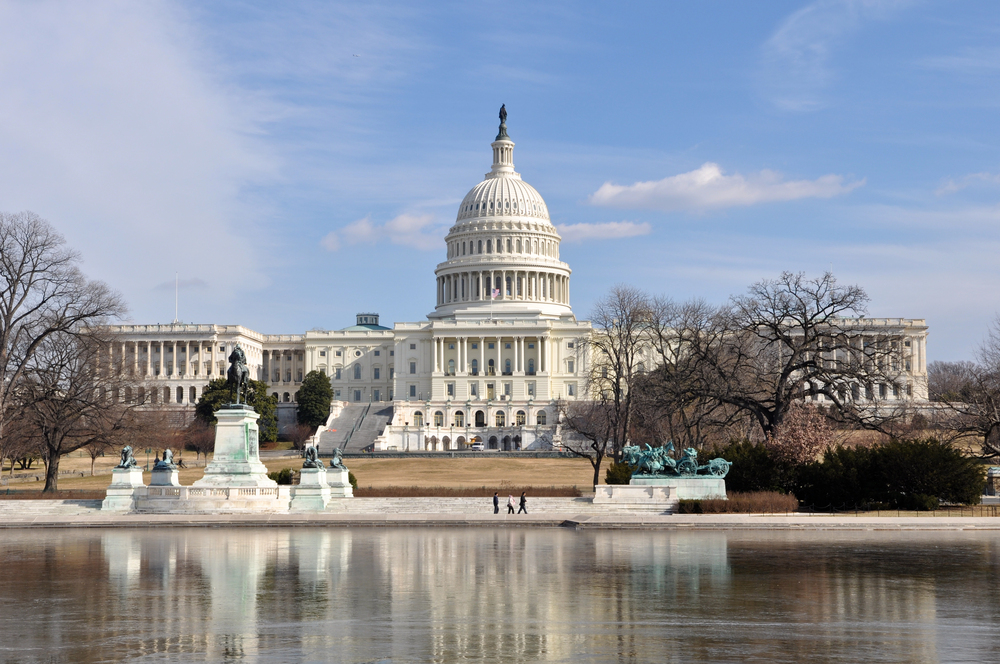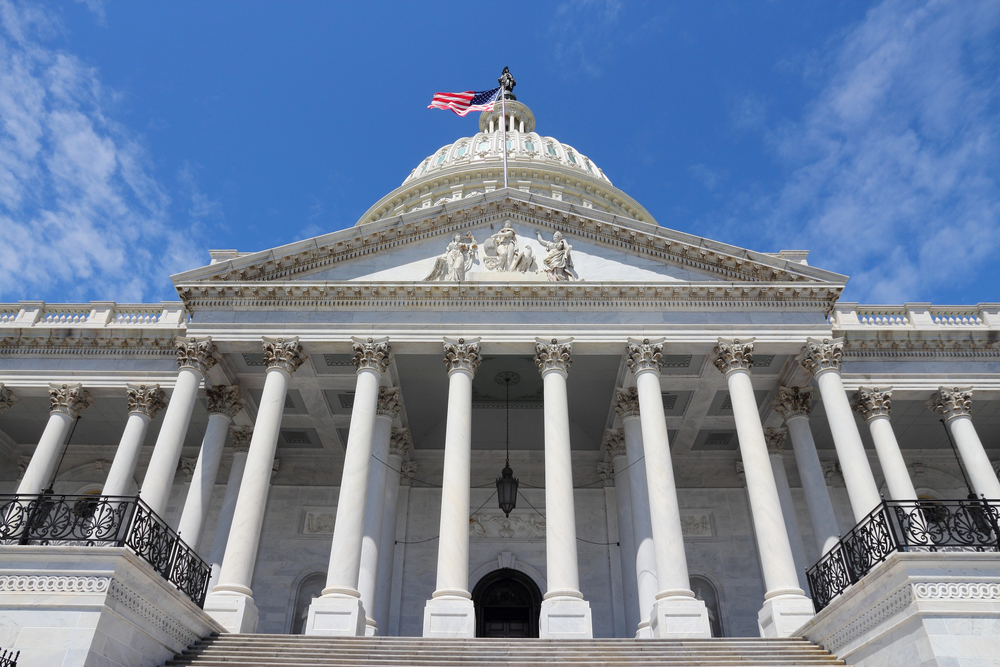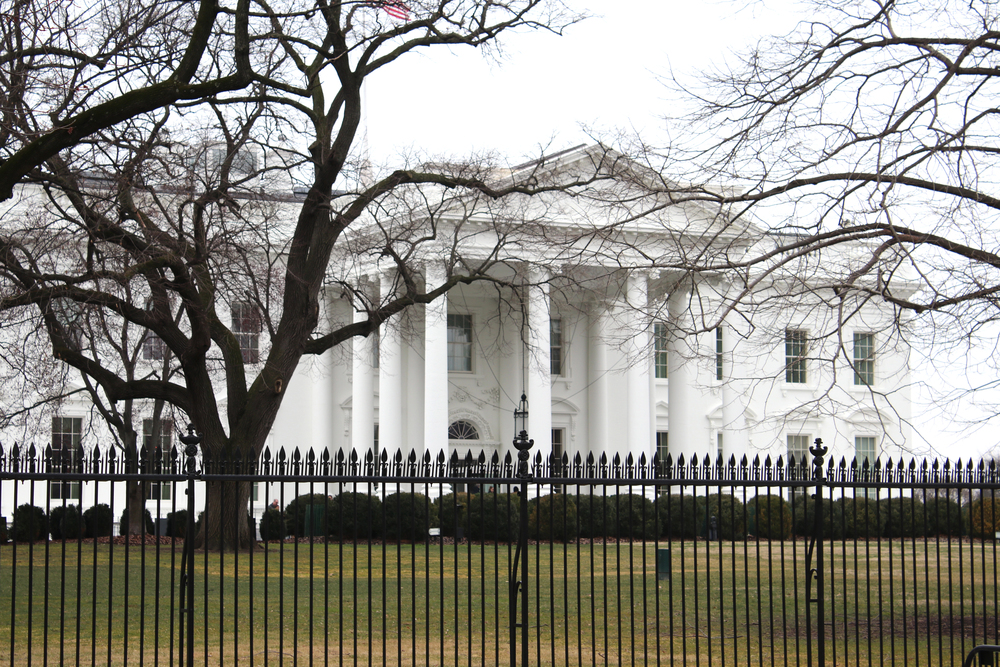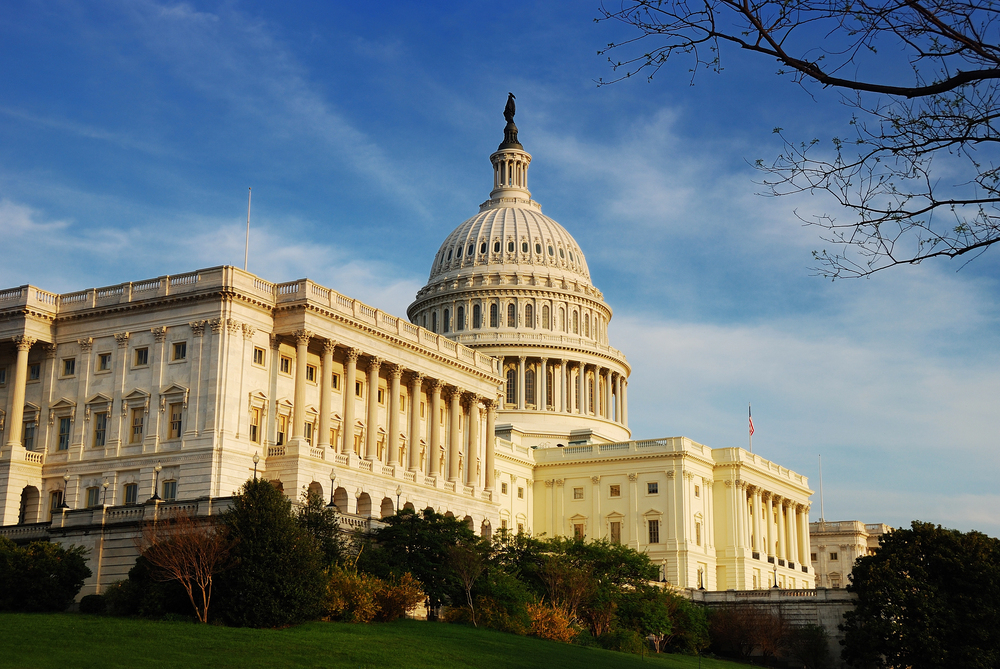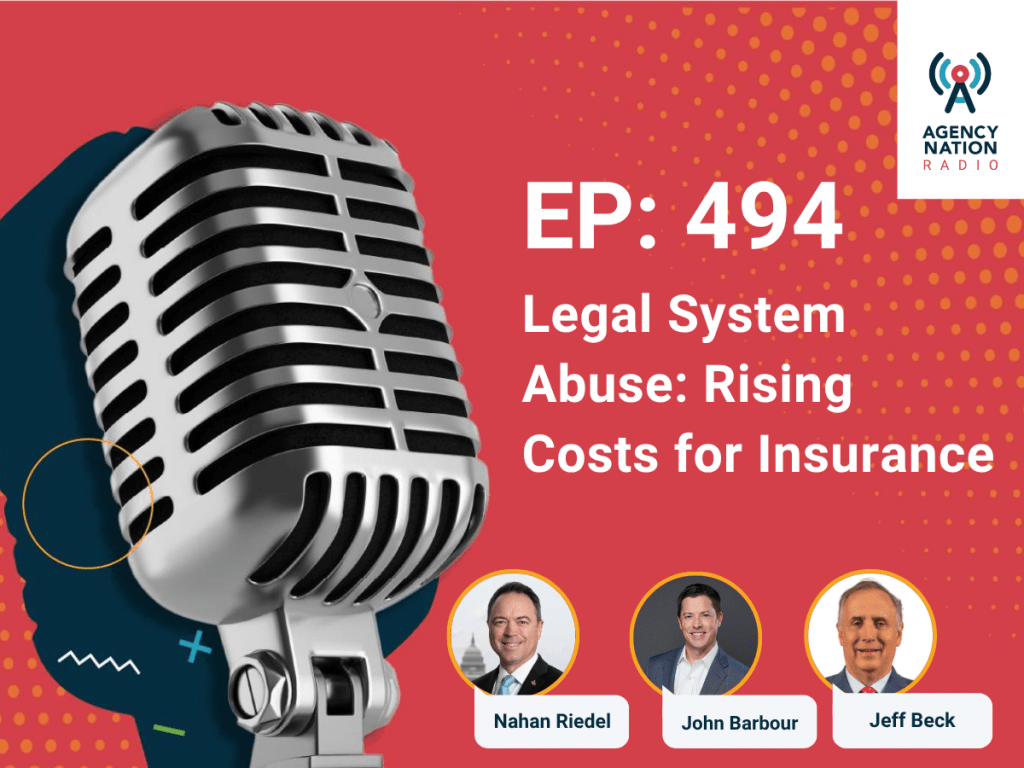What Will Congress Accomplish Before the Election?
By: Jen McPhillips
This week, Congress returned from a seven-week recess with a few “must-do” items before its final sprint to the November election.
During September, the U.S. Senate and House of Representatives are scheduled to be in session for 19 and 17 legislative days, respectively. This week, most discussions in both chambers are expected to revolve around options for the length of a temporary funding bill, also known as a continuing resolution (CR). The CR is a measure that funds the federal government and ensures the flow of taxpayer dollars to all discretionary, or non-emergency, federal programs.
Congress may use the CR spending measure as a vehicle for funding to deal with the Zika virus, the historic flooding in Louisiana and the opioid abuse crisis. The current CR is set to expire on Sept. 30. Unless Congress can reach an agreement on this spending bill, the country may once again face a government shutdown.
Although no one is sure how this situation will unfold, many expect Congress to pass a short-term spending bill to carry the government through the election. When Congress returns mid-November, members will pick up the debate once again and attempt to negotiate another CR, which will last until the first quarter of next year. Most congressional observers believe two CRs will likely fund the government into next year, but nothing is certain.
While the funding bill is the only time-sensitive bill on the docket, a number of other issues may take shape before the end of the year. In June, House Financial Services Committee Chairman Jeb Hensarling (R-Texas) released the Republican alternative to the Dodd-Frank Wall Street Reform and Consumer Protection Act, the “Financial CHOICE Act.” The committee is expected to hold additional hearings on the legislation and a potential markup could occur this month, though the Senate is unlikely to take any action on it.
Another issue of importance to the Big “I” is S. 1679 and H.R. 2901, the “Flood Insurance Market Parity Act,” by Sens. Dean Heller (R-Nevada) and Jon Tester (D-Montana) and Reps. Dennis Ross (R-Florida) and Patrick Murphy (D-Florida). This bill passed the full House unanimously in April, but still awaits Senate consideration. Some speculate that it could get wrapped into an end-of-year package, but that’s unlikely. Instead, the legislation will likely be wrapped into NFIP reauthorization next year.
The outcome of the November elections will play a pivotal role in the negotiation process for a long-term funding agreement, as well as potential action on insurance-specific bills as part of broader legislative packages.
Jen McPhillips is Big “I” assistant vice president of federal government affairs.


